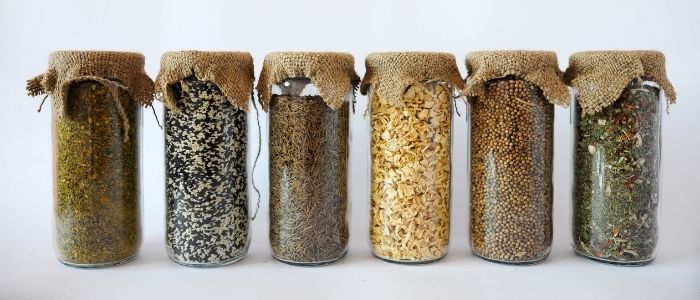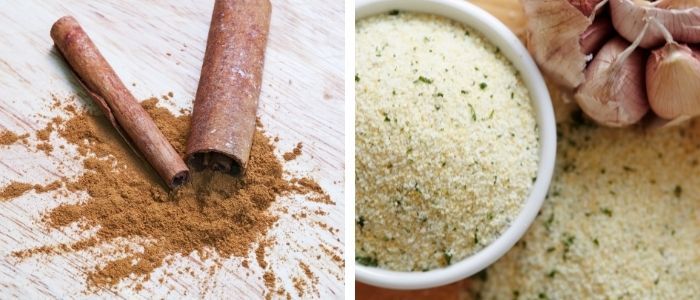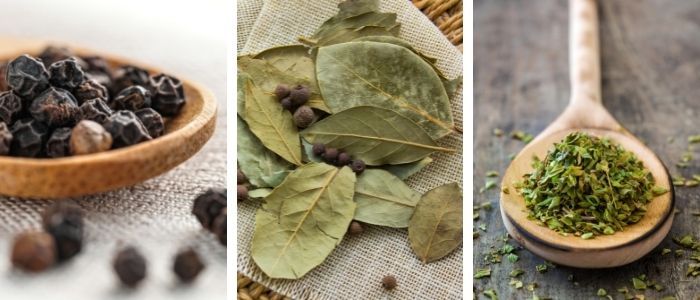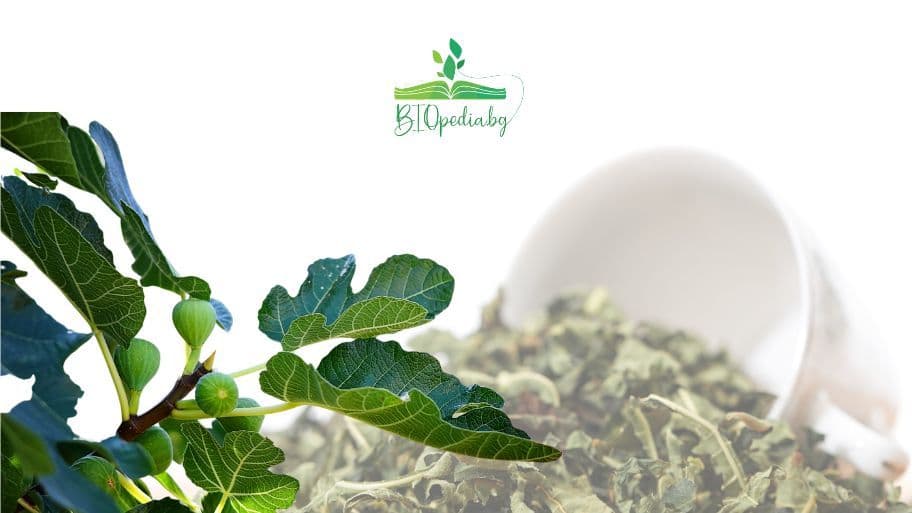Spices are often neglected, but they are actually a wealth of flavours that can elevate any dish to another level and make it that much more appetizing. There are dozens, if not hundreds, of spices from around the world, each with its own recognisable and unique aroma and flavour. In this article onBiopedia, we will look at the different types of organic spices.
There is no doubt that the right selection of spices for different dishes is an art, we would even compare it to alchemy, because you can create real miracles in the kitchen.
Organic spices are already on the market and you have probably already come across them on the shelves in the store or online. If you're wondering what exactly organic spices mean and if they're the better choice, this article will answer all your questions.

Organic spices - why choose them?
Organic farming offers and gives a lot to the culinary world. More and more people are learning about the benefits of organic foods and products.
It is no coincidence, because organic foods, including all organic spices, offer a much more intense taste and origin that guarantees a much higher nutritional value, as all beneficial properties and trace elements are preserved.
This is why organic food and organic spices are becoming an integral part of the daily menu of more and more people. Using organic spices guarantees a number of culinary and health benefits for you and the whole family.

Organic spices - more intense flavour and aroma
When you choose organic spices for your culinary inspirations, you will quickly discover that organic spices have a much more intense aroma and flavour than others on the market.
Non-organic spices are not only weaker in flavour and aroma, but also contain much less beneficial properties and vitamins. This is due to the chemical treatments they are treated in from sowing to harvesting. In addition to being more aromatic and intense in taste, organic spices stay fresh and retain their qualities for much longer.
Organic spices - for better cultivation of organic products
Unfortunately, a large part of the cultivation practices that accompany the cultivation of non-organic raw materials are quite harmful to nature, the environment and humans.
Even for something as delicate as spices, inorganic farming uses a number of chemicals, synthetic materials, pesticides, chemical fertilizers, herbicides and the like that have a huge and negative effect on the quality of the final product.
This means that all the harmful and toxic chemicals with which the plant has been treated enter the body directly when consumed.
The easiest way to make sure you are protecting your body from all these harmful chemicals and enjoying all the beneficial properties and nutrients of spices is to simply replace all inorganic spices with organic spices.

Organic spices - how to enrich the flavour of every dish and dessert. As mentioned before, organic spices are much richer in flavour and can really bring out the natural flavours of any food, complementing them and making them much more interesting and tempting.
For perfect results, it is recommended to use spices together with organic food products. And here are some of the most popular organic spices that will invariably find a place in your kitchen:
Organic cinnamon - cinnamon is a staple in many desserts, and is especially invaluable for typical fall desserts with pumpkin and apples. In oriental cuisine it is also often used for savoury dishes with rice, minced meat and meat.
**Bio garlic**- lovers of aromatic and spicy garlic know well that it can find its place in practically any savoury dish. From salads and appetizers to main dishes and even in pickled form, garlic is a universal favorite.
Organic black pepper - Along with salt, black pepper is a staple in many dishes with meat, potatoes, rice, pulses and more. Surprisingly, some more exotic dessert recipes also suggest using a tiny bit of black pepper for a more surprising flavor.
Organic bay leaf - the bay leaf is a staple of Mediterranean cuisine. We use it in main dishes, soups and even in preserving pickled vegetables and pickles.
Organic oregano - another typically Mediterranean spice. Oregano is a great choice for salads and fresh arancini, and goes great with tomatoes and cheese and pasta dishes.
Proper storage of organic spices
To make sure that you maximise the life of a spice, i.e. its intense aroma and flavour, it is advisable to store all spices in separate jars or other types of containers with a lid.
Keep spice jars in a dark place out of direct sunlight. Fresh and green spices can be placed in water to keep them fresher for longer.

By choosing organic spices, you will not only avoid many concerns about how inorganic products affect human health, but you will also be able to enjoy salads, meals and desserts with much more intense flavor and taste.






Comments